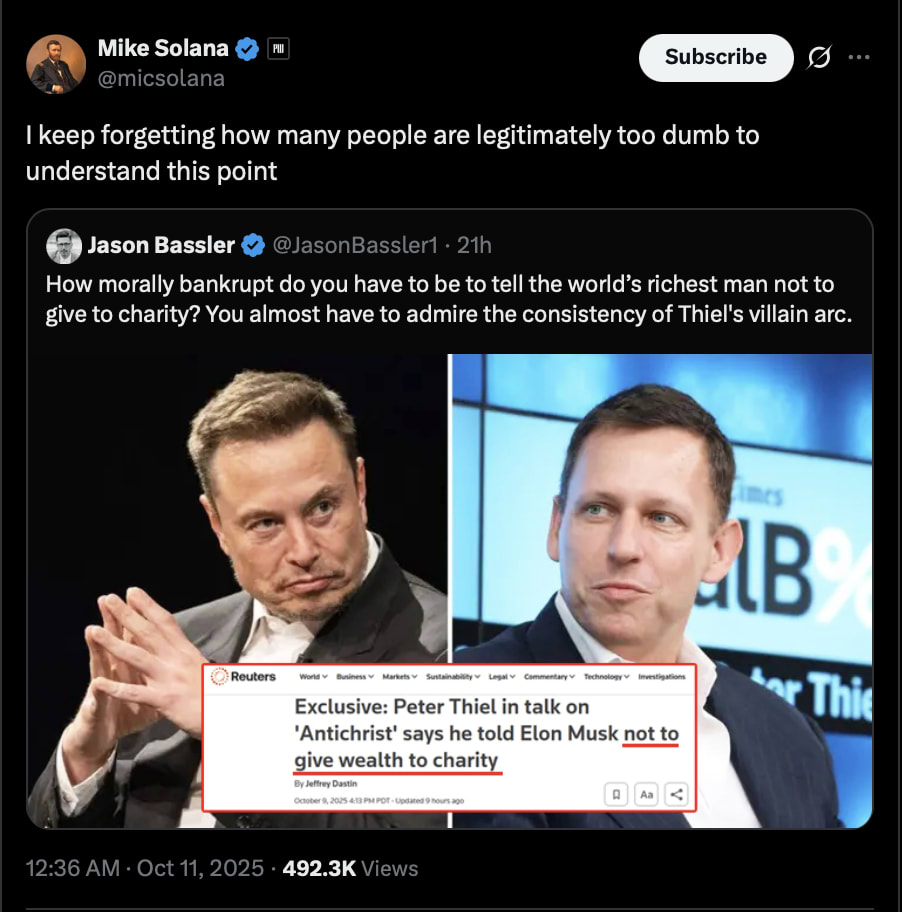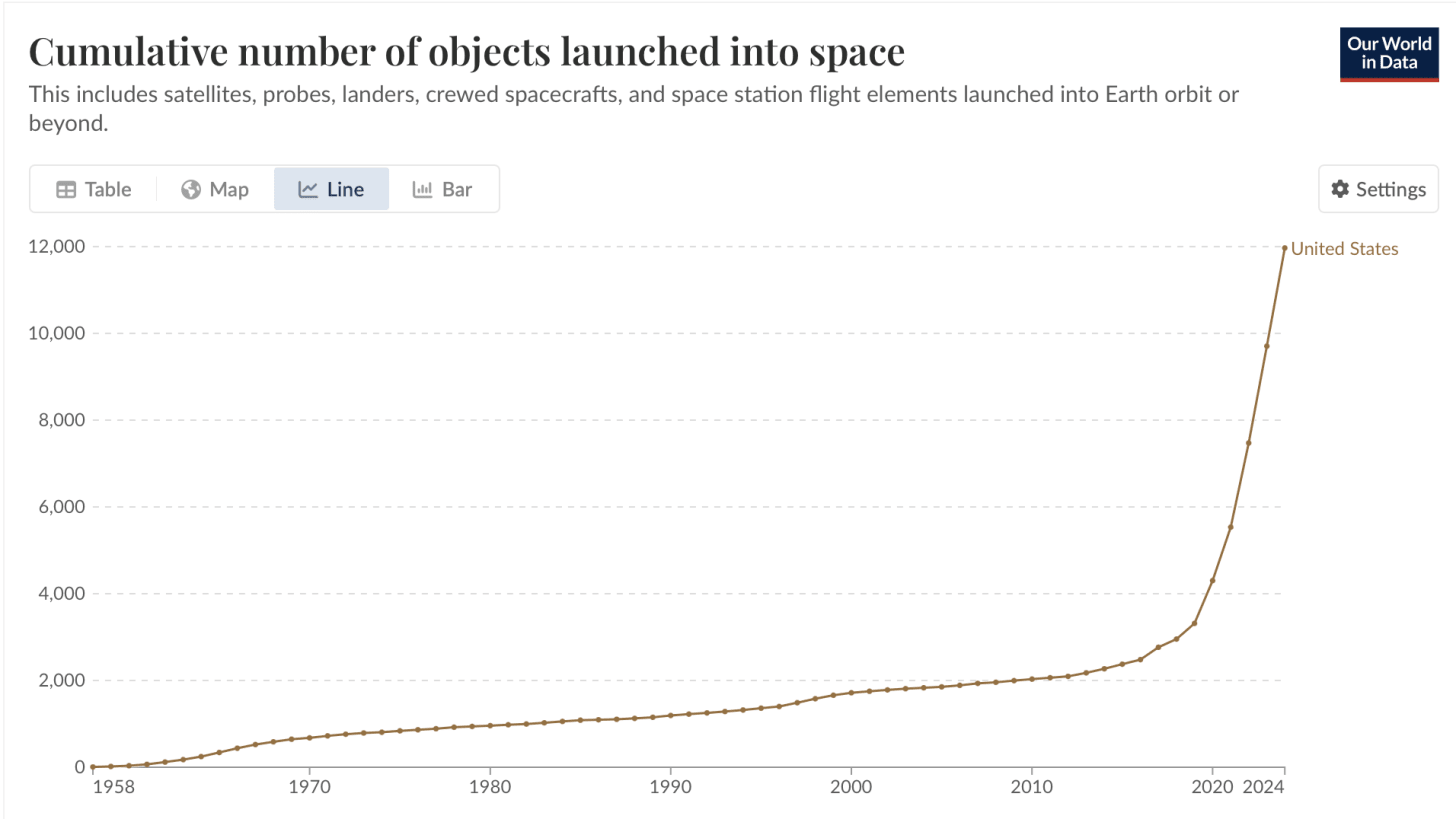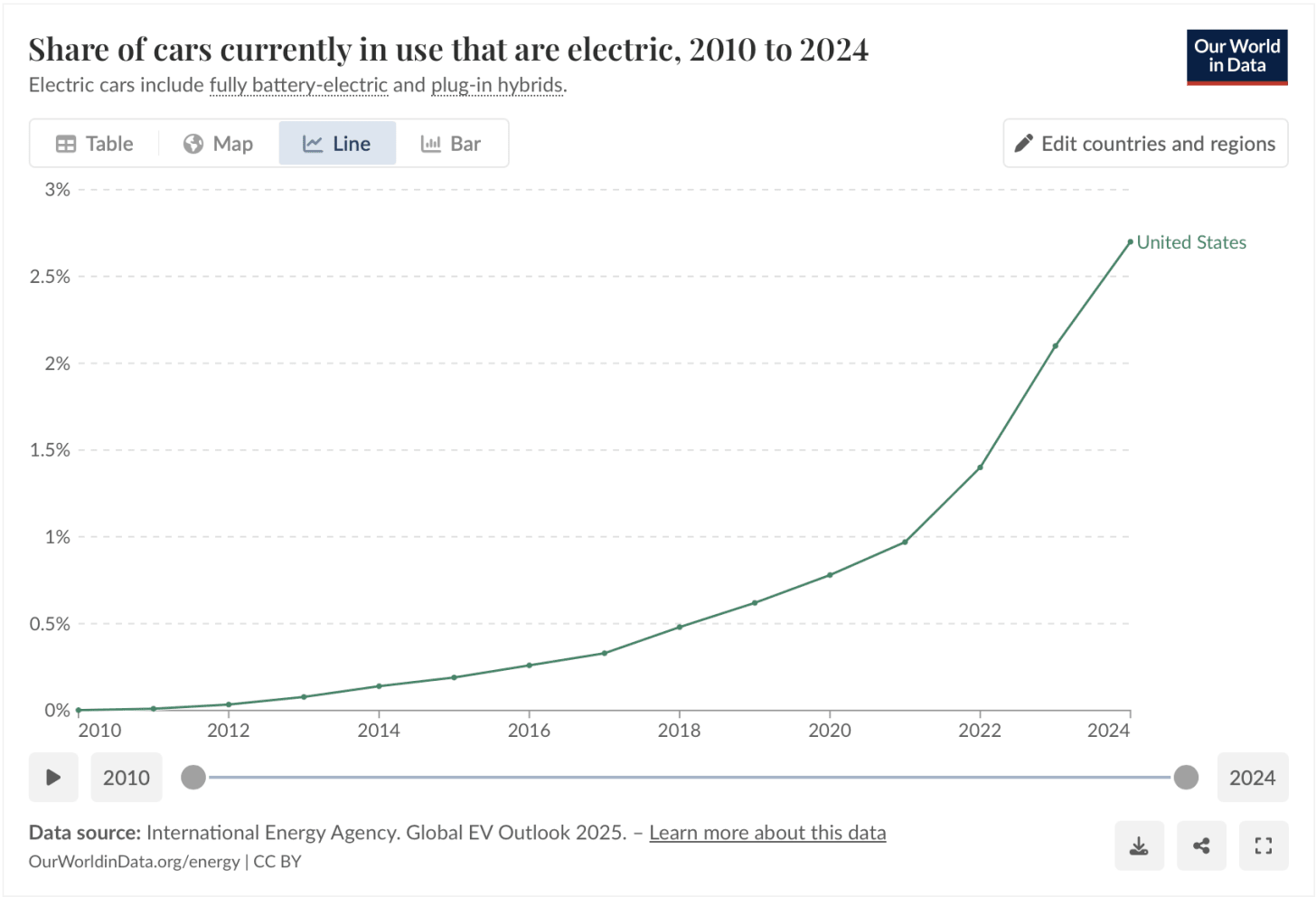Recently, an ill-composed tweet of a Billionaire (based) illuminating another fellow Billionaire to not give money to charity (holy based) went semi-viral. Of course, a considerable number of people repulsed with a classic “how can one be so SoUlLeSs“ reaction, albeit dire. The argument wasn’t philanthropy — “the desire to promote the welfare of others, expressed especially by the generous donation of money to good causes.” — being harmful, but the stereotypical “charity“ being a grossly inefficient and in some cases borderline fraudulent form of capital deployment.
Many would argue that a wealthy individual has a moral duty to donate at least some of his wealth toward the public good — aka. welfare. Consequently, most see the traditional 501(c)(3) as the omnipotent vehicle to achieve the aforementioned goal. Yet a mostly rational and objective observer doesn't need to be an Anarcho-Capitalist (who wasn’t really) to recognize much of the wealthy population enlarge and Entrepreneurial Capitalists in specific, have improved the world through those exact initiatives which made them wealthy substantially more than any “charity“ can realistically accomplish, irrespective of how virtuous.
PayPal streamlined internet payments and paved the road for a now-mainstream digital economy, SpaceX proved that a competent executive (and terrific engineer) with Founders Fund funding can bailout the American Space Industry, Tesla with electric vehicles and providing dire competition for the car industry, Palantir with National Defense, and on and on.
A “Global Progressive Payments Charity“ can’t have much of an effect as PayPal, if any effect at all. “Save American Spaceflight Charity“ can’t rival SpaceX, “Cars For Climate Change Charity“ and Tesla, and I can’t even think of an example for Palantir.
No one doubts that the Delware (recently Texas) C-Corp can engage in unethical and non-societal-benefiting practices, whether it’s price gouging, regulatory capture, or just sheer greed. Yet ill-corporations tend to have ill-consequences — at long last priced out and replaced by a contemporary meritocratic monopoly.
Even when observing the current zeitgeist, which is embodied by mega data-center buildouts and AI labs – it’s clear there exists absolutely no intrinsic correlation between a lab’s corporate structure and its realized societal impact. In fact, I would argue the herd-hated OpenAI lead by Sam Altman has made one of the greatest societal impact of all — both by providing the best consumer software and kickstarting the recent AI boom in the first place.
Most charities are a quagmire of conflicted interests. In fact, many charities realized intent is opposing their stated intent. There exists also the paradox of staffing – by definition, a charity can not afford elite-tier staff, due to a lack of economic incentive. An entity is its Human Capital, and subpar Human Capital leads to subpar results. Ultimately, Traditional Charities are malthusian.
Our contemporary system, albeit imperfect — Bretton-Woods shall have stayed— is ostensibly good at conjoining rapid capital accumulation and societal good. One is better of rationally examining entities instead of resorting to premade and pre-planted assumptions of good and bad, and while being an “evil warlord spotter” on a short-form text site may be rewarding or self-justifying for some — it is significantly better to wisen, build, respect and compete.
.png)





